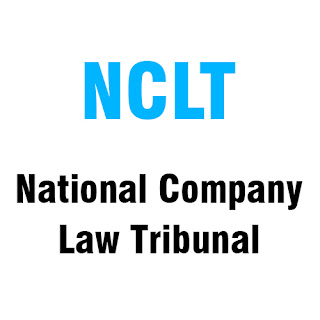Constitution of NCLT and NCLAT in India: A New era of Company Law Litigation

The NCLT and NCLAT was constituted by the Ministry of Corporate Affairs on 16the June, 2016 in exercise of powers conferred under section 408 and 410 of Companies Act, 2013. In recent times the Indian government is focusing on ease of business carried out in India. In view of it various legal reforms have also been developed and the constitution of NCLT and NCLAT is the one more step into this direction. NCLT initially had 11 benches including two benches in the national capital, New Delhi. The Retired Supreme court judge became the first chairperson of NCLAT and Retired High court judge became the first president of NCLT. IMPACT OF THE CONSTITUTION OF NCLT AND NCLAT ON COMPANY LAW LITIGATION The constitution of the NCLT is likely to have an abecedarian impact as far as company law action is concerned. Some of the more important consequences of this development are enumerated below Single Window The most significant benefit likely to arise from the constitution of the NCLT and the NC


